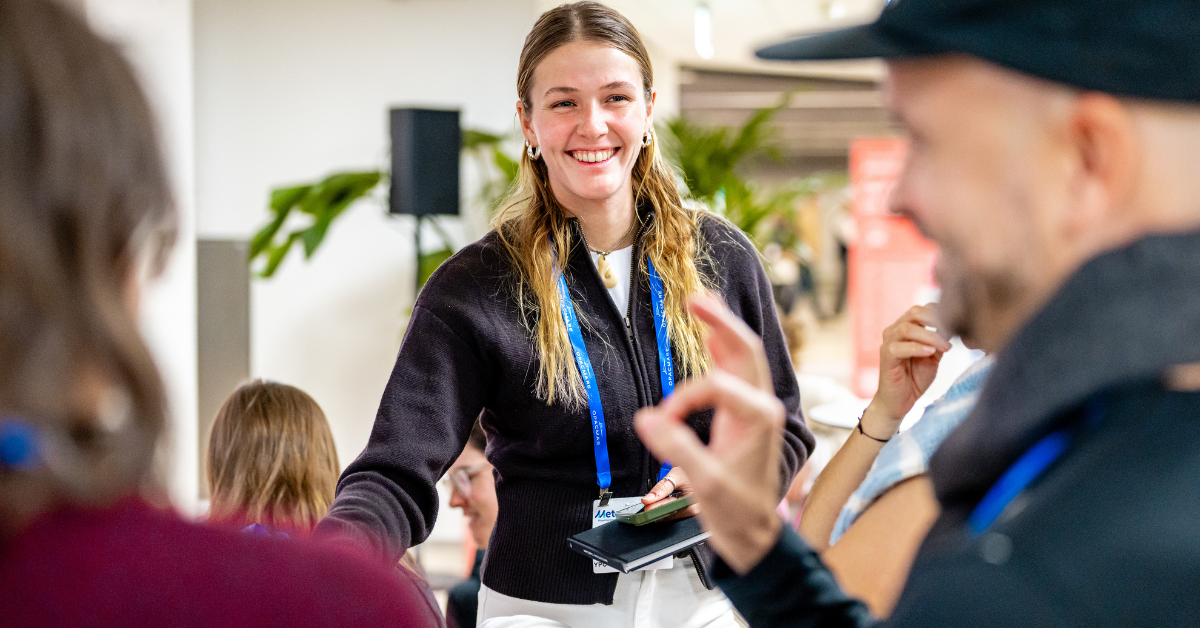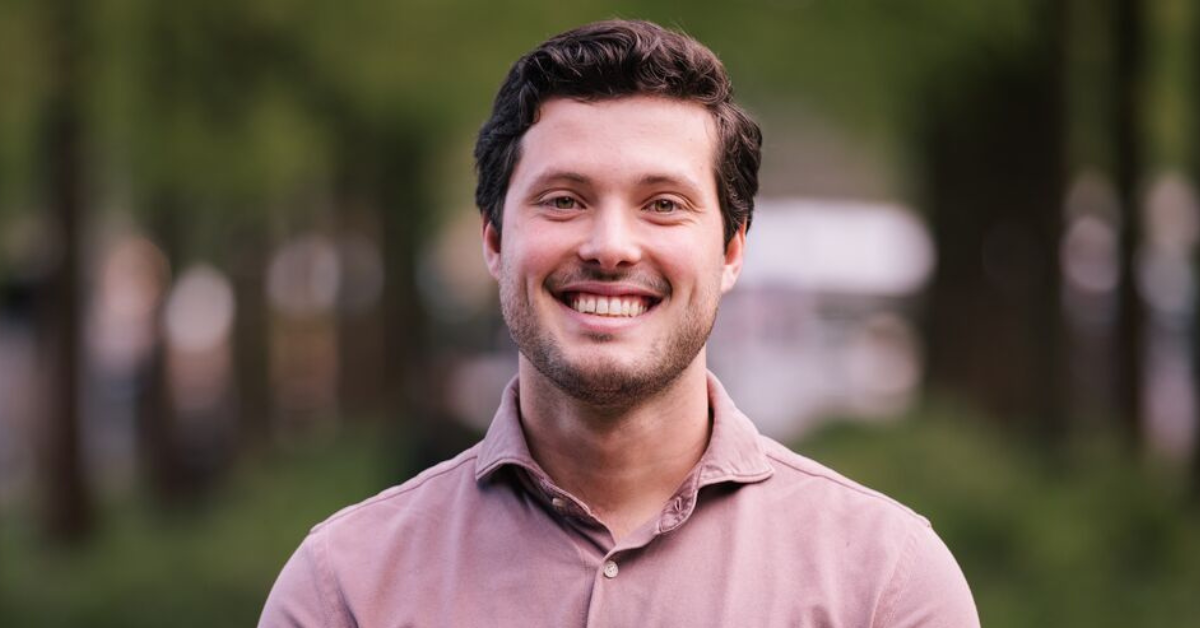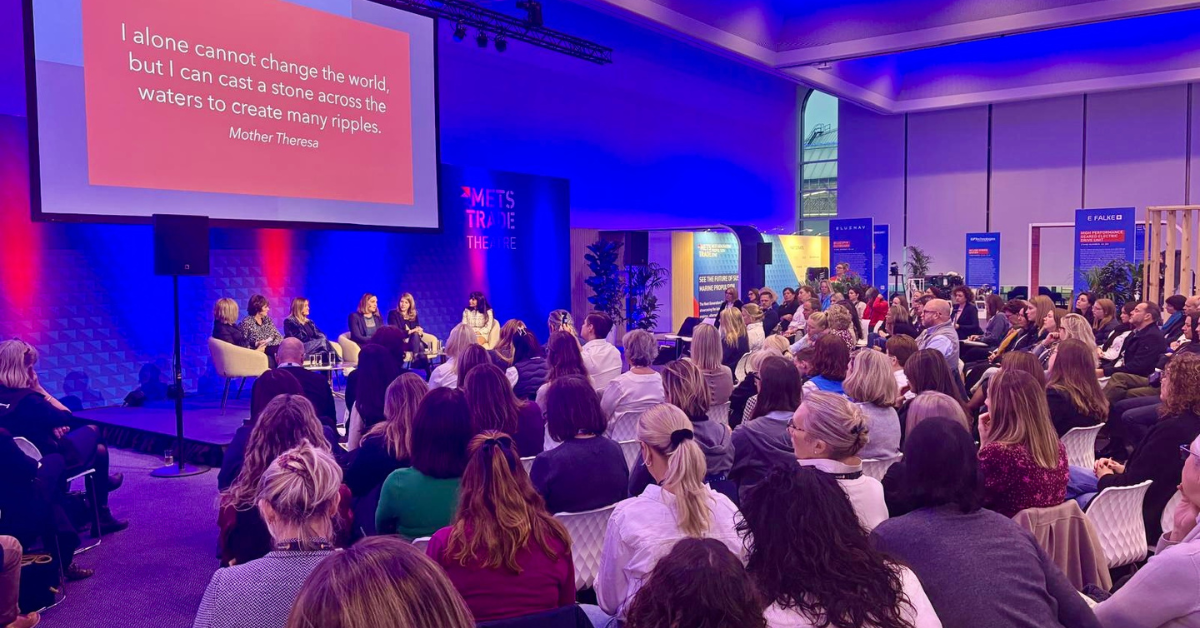Athletes of all abilities sail together
 Hans Buitelaar
Hans Buitelaar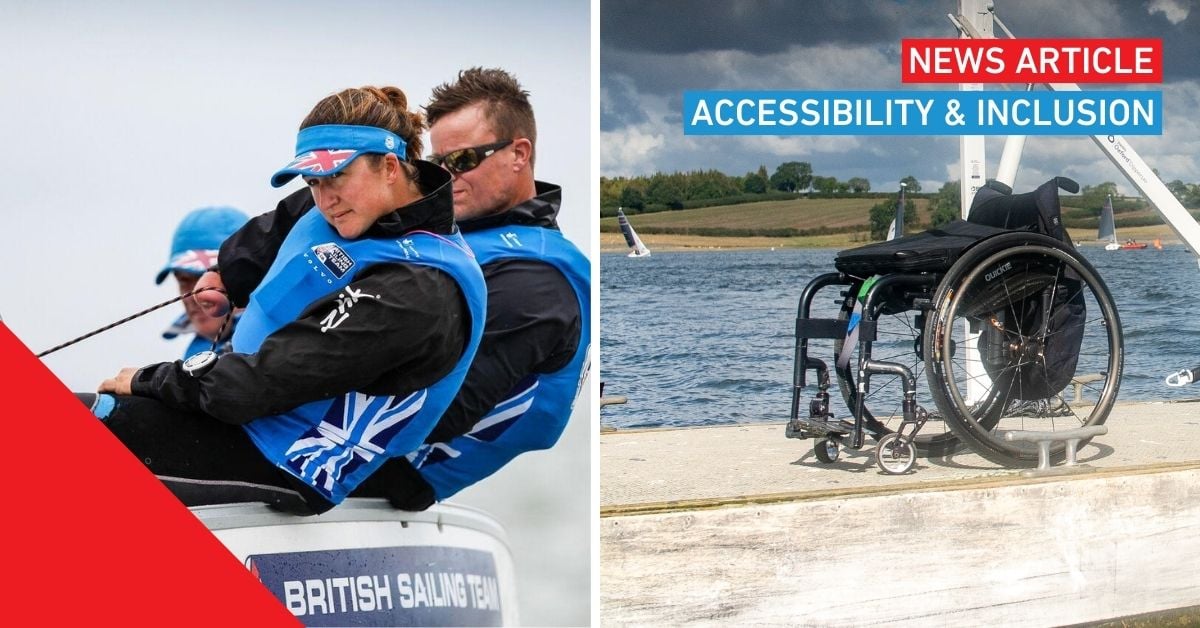
Sailing is a sport where athletes with disabilities and able-bodied sailors can compete together in the same boat and in the same fleet. Boats are adapted to the possibilities of the crew. Wind in the sails is the same for everyone. World Sailing Para Sailing Manager Hannah Stodel actively promotes this inclusiveness.
“At World Sailing, our objective is to make the sport of sailing inclusive.” Even via a distorted telephone connection from the Paralympic conference in Bonn, Germany, enthusiasm rings in Hannah Stodel’s voice when she tells about the sport of sailing with athletes of all abilities and backgrounds in the fleet.
Stodel is at the headquarters of the Paralympic Committee to present the value of para sailing and inclusive sailing and convince the committee to include the sport of sailing in the Paralympic summer games in Brisbane, 2032.
”I think we have a really strong case. We are showing the world of top sport that athletes with disabilities can perform at high level together with able-bodied sporters, mixed in different settings and crews, with very acute disabilities and less severe disabilities, all in the same fleet and still practise the sport on a level playing field. Maybe at this point, para sailing is the most inclusive sport of all.”
Events calendar
Para World Sailing Manager is a busy job. The RS Venture Connect world championships at the Rutland Sailing Club were sailed from September 29 to October 3, promptly followed by the Barcolana Inclusive, where Stodel presented World Sailing’s ambitions for para sailing in a conference and was also on the water in the Gulf of Triest, Italy, where two days of regattas were sailed on October 7 and 8, followed by two days of demonstrations for any aspiring sailors that would like to participate in inclusive sailing.
From there, Stodel had to go straight to Bonn for the Paralympic Committee conference. Her flight had been cancelled but the airline offered an alternative flight several hours earlier. Determined to get to Germany, the para sailor rushed to the airport, having no time to change. “I arrived in the aircraft still wearing her wet sailing gear,” she laughingly confides.
Adapt the boat
It’s all worth the effort because of the positive contribution to the sport of sailing and its accessibility for everyone. Stodel explains the new approach: “We make adaptations to the boat. For example, a person that has no arms or legs can steer a boat by controlling a joystick, or rather a cup-shaped controller, with the chin. All kinds of adaptations are made to the boat to allow it to be sailed by a person with limits to physical capabilities. The crew can be able-bodied or have some different kind of disability. No sight or poor sight, mental disabilities or paralysis of body parts pose challenges for athletes in sailing that can be levelled by joining crew without disabilities or with other circumstances. The sailing is the same!”
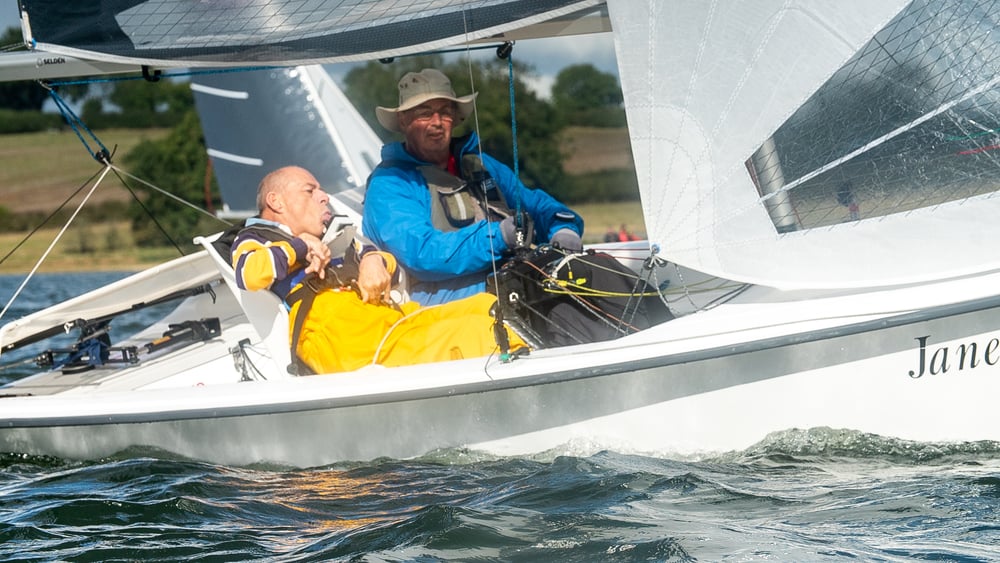
Rainbow sailing
World Sailing formed a co-operation with RS Sailing, who are always willing and quite creative in finding and designing solutions for specific sailors to adapt their boat to allow performance sailing.
The RS Venture is a one design class where boats are custom adapted for the abilities of the crew and where teams of disabled, able bodied and mixed teams can compete in the same fleet.
Stodel believes that also persons from groups that are not traditionally represented in the sport of sailing, like people from what is described as the ‘rainbow community’ or from other cultural backgrounds can feel welcomed in the inclusive regattas. Although the sport is changing, the number of white men is still over represented as compared to society.
Medals
Hannah Stodel was a Paralympic sailor in the mixed Sonar Class. Together with team mates John Robertson and Stephen Thomas, she represented Britain in three Paralympic Summer Games – in 2004, 2008 and 2012. She won three World Championships. Before joining Paralympic sailing, Before evolving to a top athlete in disabled sailing, Stodel sailed in the Mirror youth boat competing against other young sailors with no disabilities.
She was born without her lower right arm. She thought competing in a normal class was the stronger option. She needed convincing to get involved in disabled sailing. Now she is a coach for disables sailors. “I do not coach the sailors in any different way that I would coach sailors with all limbs,” she declares. “Sailing requires tactics, boat handling, sail trim and understanding the wind. This is the same for able bodied sailors.” Apart from being a coach, she is the manager of para sailing at World Sailing. In this role she is strongly promoting inclusive sailing.
Olympic ambition
Sailing was a sport in the Paralympic Summer Games from the Atlanta Games in 1996, where it was demonstration sport, up to the Games of Rio de Janeiro in 2016. Para Sailing was not at the Games of Paris this year and the Committee has already decided it will not be in the Paralympics of Los Angeles in 2028. So Brisbane is the next opportunity to include Sailing in the Paralympics once again.
The level of international reach of a sport and the number of competing athletes are important considerations for the Committee to choose which sports are part of the Paralympics. Classes in para sailing are the one-person keel boat, which is at the moment the International 2.4 meter class, there is the two person keel boat, which is at the moment the RS Venture and then there is the three person keel boat which is the Sonar.
Kite sailing on a hydrofoil board is also rapidly developing, with a seat attached to the board if the disability requires. This discipline might make it to the Paralympics as well. Bringing para sailing back to the Paralympics is a major strategy for World Sailing. Yet, the inclusiveness of the sport with sailor of different abilities together in a boat and equally competing in a fleet is a major attraction for the development of sailing as a sport.
